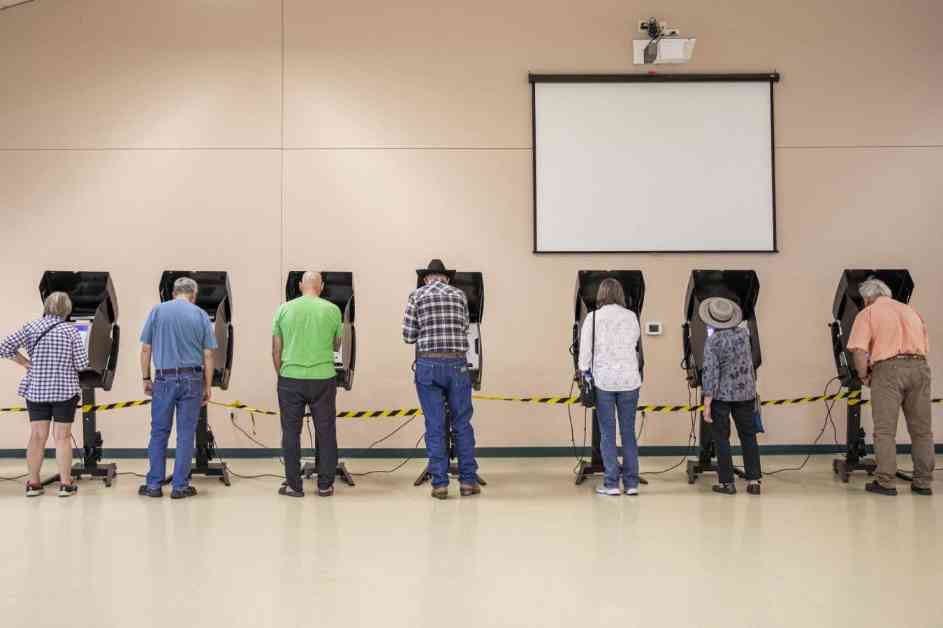In a recent study, researchers have found that the speed at which we make decisions can actually reveal a lot about our biases. The study suggests that those who make quick decisions are more likely to be influenced by their inherent biases, while those who take longer to make a choice are less likely to be swayed by biases.
This finding challenges traditional decision-making models in economics, which often assume that people make choices based on just a few pieces of information. According to Krešimir Josi? from the University of Houston, these models may need to be expanded to account for the complexity of decision-making processes.
Understanding how our biases influence our decision-making process is crucial, especially in a world where we are constantly bombarded with information and faced with numerous choices on a daily basis. By being aware of our biases and taking the time to carefully consider our decisions, we can make more informed choices that are less influenced by preconceived notions.
The mathematical model used in this study has the potential to be applied across various fields, including biology. By gaining a better understanding of how biases impact decision-making, researchers can develop strategies to help individuals make more rational and objective choices.
Ultimately, the speed at which we make decisions can serve as a valuable tool for uncovering our biases and shedding light on how they influence our choices. By taking the time to reflect on our decisions and consider the factors at play, we can work towards making more unbiased and informed choices in the future.


